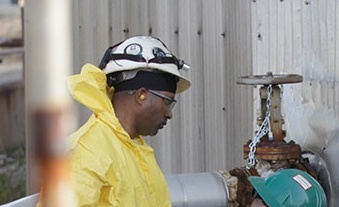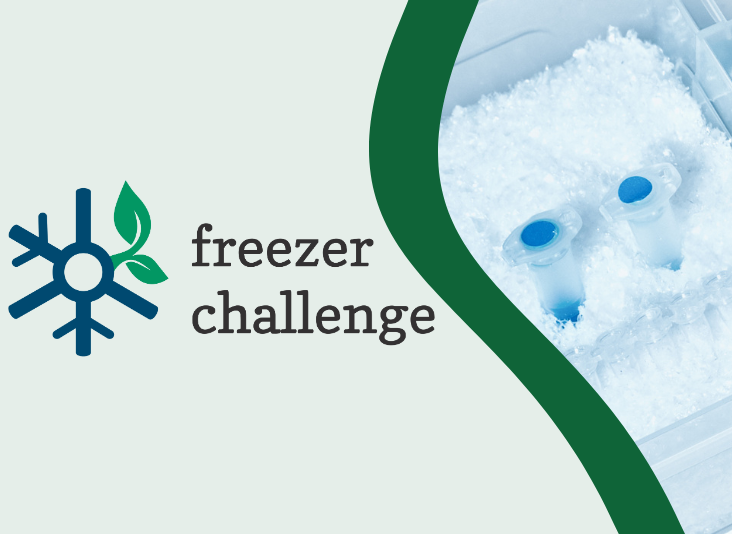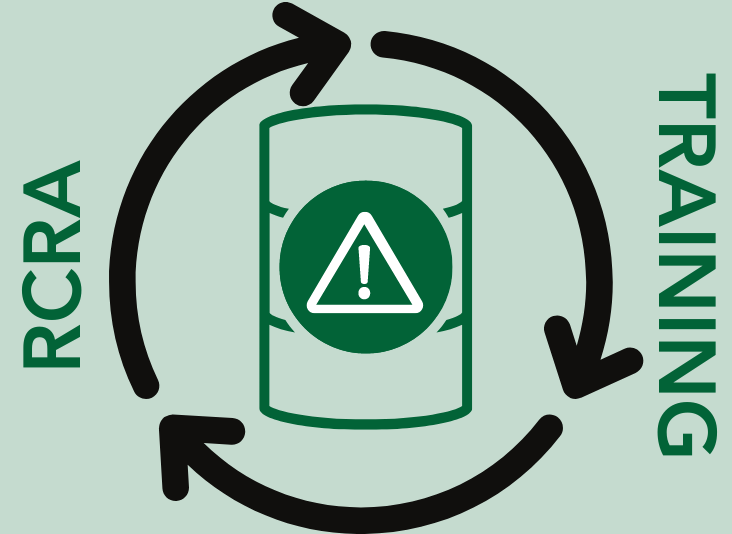Planning Your Industrial Hygiene Program
 "Industrial hygiene is a science and art devoted to the anticipation, recognition, evaluation, prevention, and control of those environmental factors or stresses arising in or from the workplace which may cause sickness, impaired health and wellbeing, or significant discomfort among workers or among citizens of the community." - American Industrial Hygiene Association
"Industrial hygiene is a science and art devoted to the anticipation, recognition, evaluation, prevention, and control of those environmental factors or stresses arising in or from the workplace which may cause sickness, impaired health and wellbeing, or significant discomfort among workers or among citizens of the community." - American Industrial Hygiene Association
When we are working in industrial hygiene, we're trying to recognize, evaluate, and control the factors that we can that will affect people's health. To keep these factors under control, it's important to have an industrial hygiene program in place. An industrial hygiene program is needed for regulatory compliance, including OSHA's general industry standards, non-regulatory standards (such as ACGIH, NIOSH, and ANSI), guidelines, and requirements, and public relations and reputation.
6 Questions to Ask
Before jumping into the elements of an industrial hygiene program, there are a few questions to ask yourself regarding your expectations for the program:
- What are you trying to achieve?
- Where do you want to be?
- Do you want to be best in class?
- Do you want to just meet the legal obligations?
- Do you want the program to be specific to a certain location?
- To whom does the program apply?
Elements of an Industrial Hygiene Program
Once you have determined your goals, it's time to dive into the essential elements of an industrial hygiene program. Program elements can include any type of an environmental stressor that can affect people, such as:
- Bloodborne pathogens
- Confined spaces (exposure evaluation portion)
- Noise/hearing conservation
- Hazard communication/laboratory standard
- Chemical-specific standards (hex chromium, lead, benzene, etc.)
- Personnel protective equipment (PPE)
- Respiratory protection
- Ionizing radiation
- Non-ionizing radiation
- Optical radiation
- Biological safety
- Ergonomics
- Hot and cold environments
- Emergency response
- Unusual work schedules
- Electromagnetic fields
- Work in high- or low-pressure environments
An industrial hygiene program that is risk- and compliance-based and has clearly established goals will assist in keeping your workers safe. Learn about our industrial hygiene services and OSHA Compliance.
Learn More
When you’re developing your industrial hygiene program, it’s not just monitoring for chemical exposures. While that is a big component, you need to be thinking of other elements, how they relate, and then determine if they should be brought into your program. To learn more about starting an industrial hygiene program, click the button below to watch our webinar, Planning and Executing a Successful Industrial Hygiene Program.









.png)